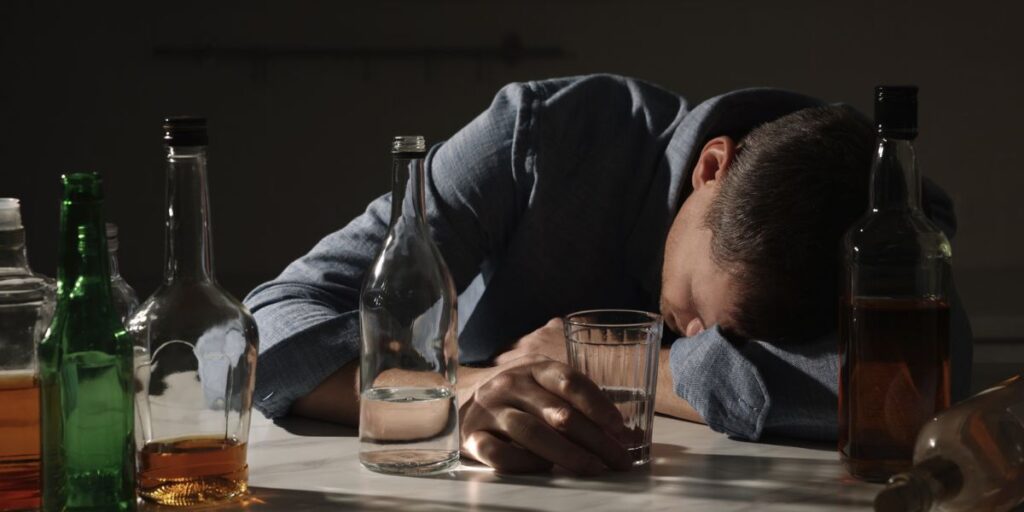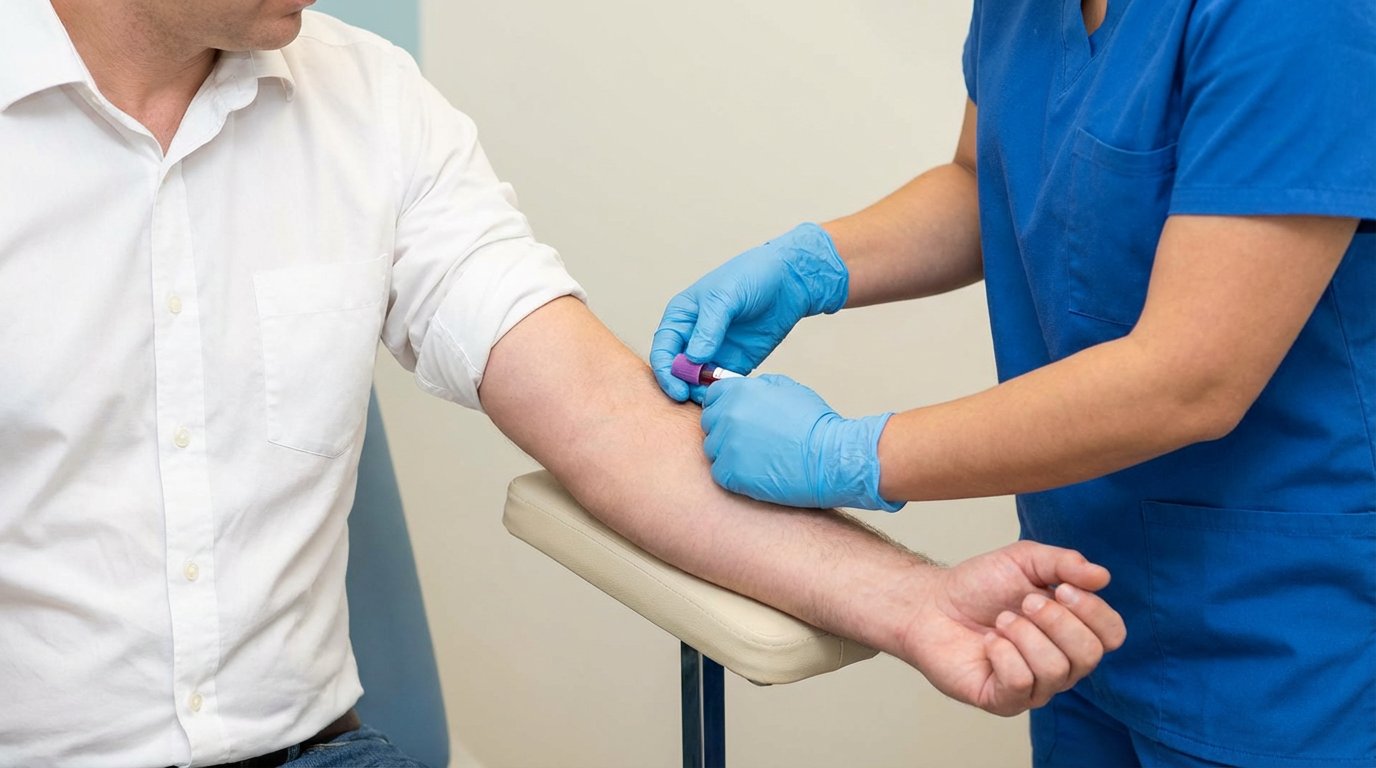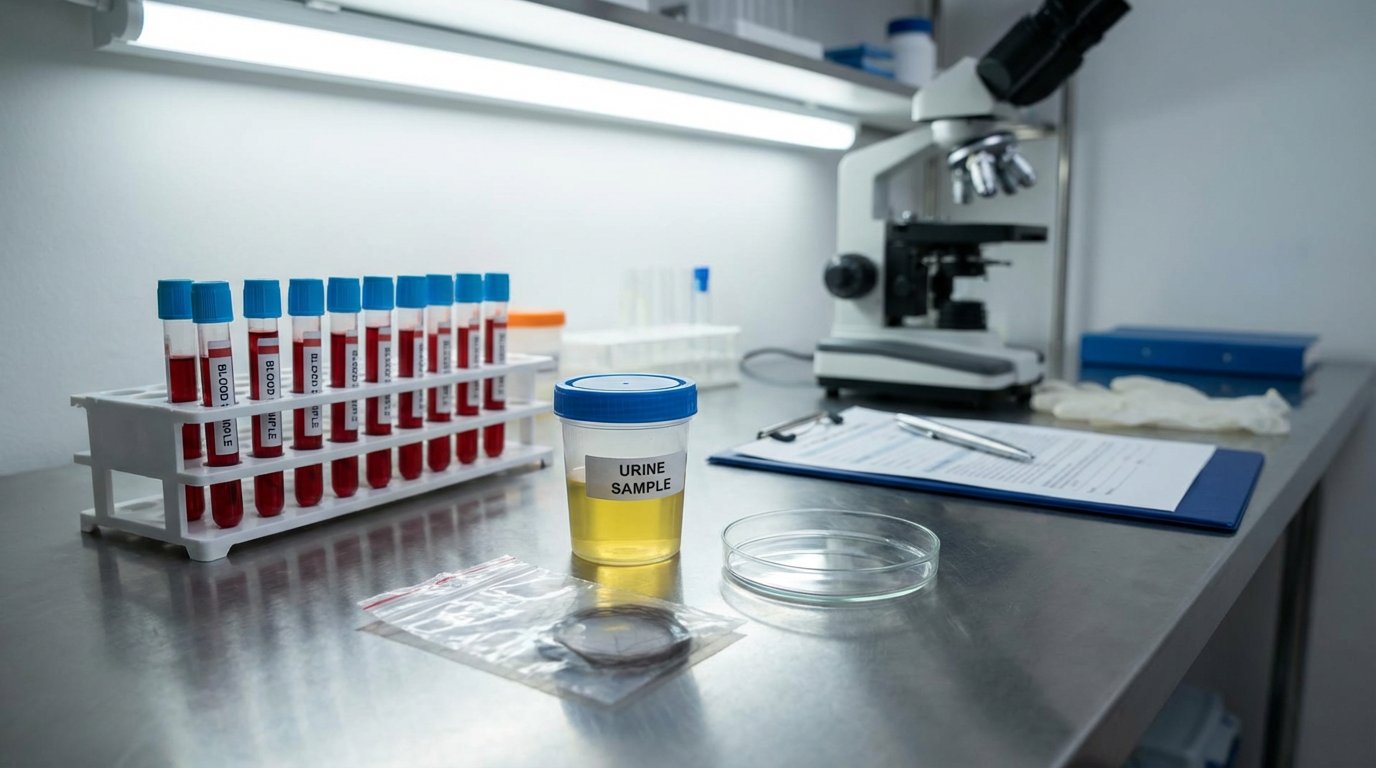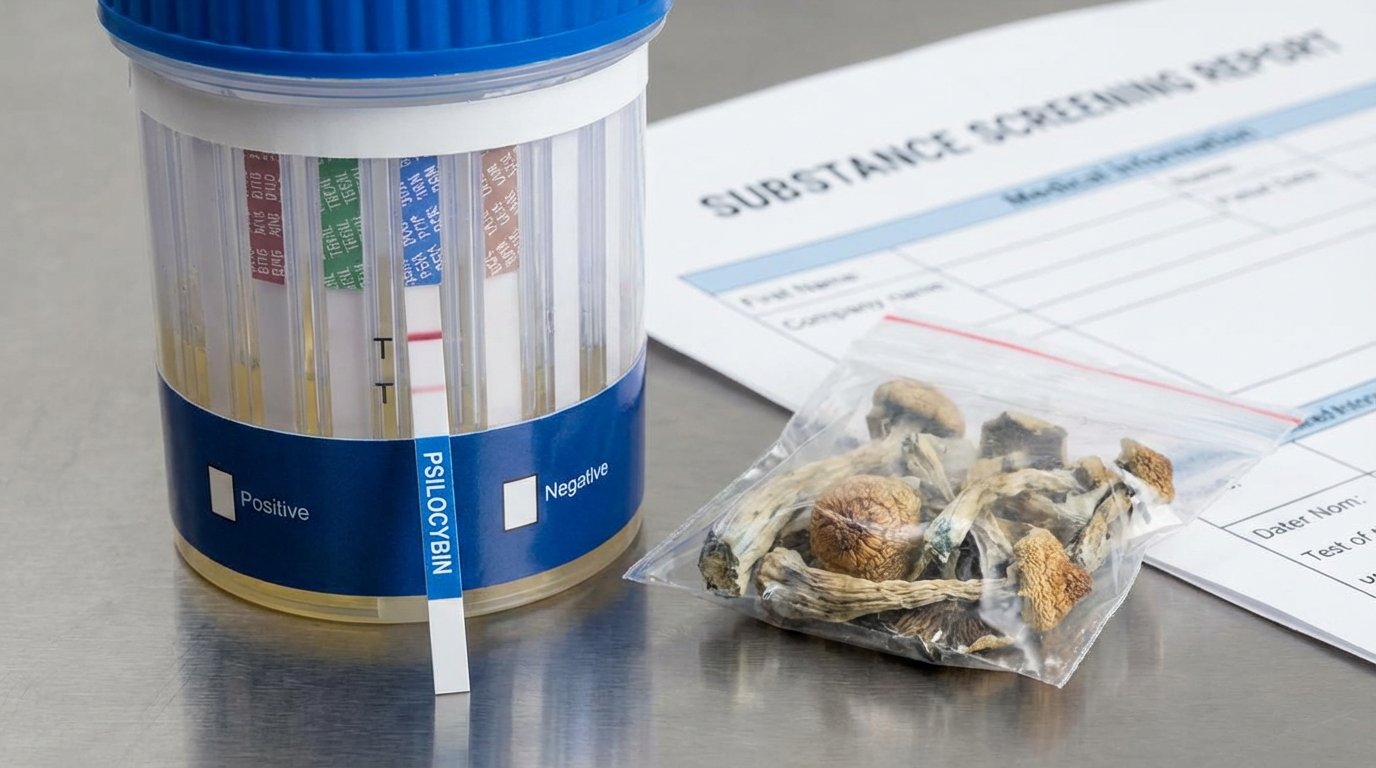Alcohol poisoning happens when there’s an excessive amount of alcohol in your bloodstream, impairing the brain areas that manage crucial functions like breathing, heart rate, and temperature regulation.
This impairment leads to your body shutting down. Excessive alcohol consumption, such as binge drinking, can be deadly, particularly for middle-aged men. Spotting the signs of alcohol overdose is key to preventing severe outcomes. Acting quickly and seeking professional assistance can save lives.
Alcohol Poisoning
Alcohol intoxication occurs when excessive alcohol consumption impairs vital brain functions, influencing aspects such as respiration, heart rhythm, and body heat regulation. Although it can occur in anyone, it is predominantly observed in middle-aged males.
What Is the Cause of Alcohol Poisoning?
The CDC, or Center for Disease Control and Prevention, states that alcohol poisoning results from the intake of excessive alcohol in a short time.
Drinking large amounts of alcohol quickly in a short period of time can boost the alcohol concentration in your blood to a level where it impacts the brain regions that control consciousness and breathing. This could lead to unconsciousness, breathing failure, or, potentially, fatality.

Signs of Alcohol Poisoning
If someone is extremely drunk and becomes unresponsive, stops breathing, or shows any signs of alcohol poisoning, seek immediate medical assistance.
The symptoms and signs of alcohol poisoning include:
- Blue lips
- Passing out and inability to be woken up
- Difficulty remaining conscious
- Cold, clammy hands and feet
- Slow breathing, with fewer than eight breaths per minute or breathing pauses of ten seconds or more
- Hyperventilation
- Slowed or absent reflexes
- Seizures
- Slower heart rate
- Breathing difficulties
Blood Alcohol Concentration (BAC)
Blood alcohol concentration, or blood alcohol content, is the metric utilized to discover the amount of alcohol in one’s blood circulation. A BAC of .10% means that approximately one drop of alcohol is present in every 1,000 drops of blood.
Alcohol overdoses occur when an individual’s Blood Alcohol Concentration or BAC reaches harmful levels. Individuals with a high BAC have risks of blackouts and unconsciousness. Crucially, even after a person has become unconscious, their BAC can still keep increasing.
Even after you’ve stopped drinking, alcohol in the stomach continues to enter the bloodstream, spreading throughout the body and potentially leading to alcohol poisoning. This is why it’s dangerous, and possibly life-threatening, to assume that an unconscious person can simply “sleep it off.”
Alcohol Poisoning Deaths
As per the CDC, an average of six individuals succumb to alcohol poisoning daily. The majority of those affected are men aged 35-64, with alcoholism identified as a significant contributing factor.
Like opioids, alcohol acts as a central nervous system depressant. Drinking alcohol suppresses the nerves in your body that control involuntary actions, like your gag reflex.
Alcohol can also irritate the stomach, often causing vomiting. This combination can be deadly for someone who drinks until they pass out. Without a working gag reflex, there’s a high risk of choking on vomit and dying. Even if the person survives, a lack of oxygen could cause permanent brain damage.
Risk for Alcohol Poisoning
The risks of alcohol poisoning grow with each additional drink, leading to a dangerous pattern.
Binge drinking is characterized by consuming four or more drinks for women or five or more drinks for men within two hours. This commonly leads to a considerable elevation in blood alcohol concentration, thereby enhancing the likelihood of negative outcomes. Generally, adults who participate in binge drinking are likely to intake around eight beverages within that period.
Treating Alcohol Poisoning
If you think someone has alcohol poisoning, get help immediately.
Inducing vomiting won’t help if the alcohol has already moved beyond the small intestines. Moreover, because Blood Alcohol Concentration can continue to rise after someone loses consciousness, never leave a person who is unconscious or sleeping alone.
Common misconceptions like taking cold showers, drinking black coffee, or trying to “walk it off” could worsen things. It’s crucial to understand that these methods will not cure alcohol poisoning or quickly sober someone up. The only way to sober up is to give it time.
If you believe someone may be suffering from alcohol poisoning, it’s crucial to call 911 immediately. Postponing medical attention can lead to grave outcomes like brain injury, convulsions, and possibly death. If extreme dehydration due to vomiting isn’t addressed, it could potentially result in a fatal outcome.
Physicians administer fluids at the hospital to decrease the BAC and address dehydration and low blood sugar levels. They assist in managing any respiratory issues and emptying the patient’s stomach to aid in eliminating toxins from the body.

Alcohol Addiction Treatment at NATC
If you or someone you love is struggling with alcohol addiction or alcohol use disorder, there is effective and caring treatment available.
At Northridge Addiction Treatment Center (NATC), our only goal is to help you find meaningful recovery and improve the quality of your life by freeing yourself from the grip of substance abuse.
At NATC, we provide medical detox, dual diagnosis, and many other evidence-based treatments and therapies in our luxury residential treatment center. Our team members are carefully selected to ensure a family-like environment where we treat every resident with respect and dignity, fostering their healing.
To learn more about NATC’s addiction treatment programs, contact us today. Our treatment specialists are eager to hear your story and get you the right help.






